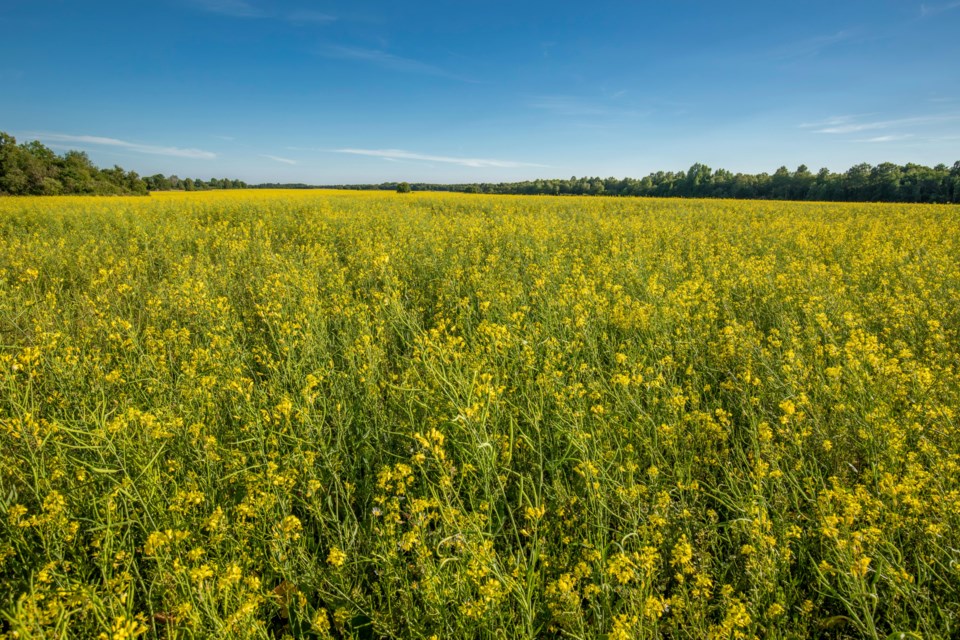That we would burn food to keep the wheels of progress moving is nothing new.
Starting in the late 1970s we began in earnest growing corn and wheat not to feed people but to brew ethanol and put it in our gas tanks.
Using farmland to produce fuel and not food in an era of rising food prices has nevertheless continued, on both sides of the border. Here in Canada we dedicate around three million hectares of farmland to produce around 2.2 billion litres of ethanol and biodiesel a year, figures that are increasing rapidly.
Originally we decided to burn our food to create a degree of energy independence from Middle East oil. Now it’s got a new goal: climate change.
Apparently we can now burn our increasingly scarce and expensive food to create guilt-free airplane and automobile travel.
Burning food for fuel is of course not cheap and government subsidies and biofuel mandates are required to bring this insanity to market.
Earlier this year the Trudeau government announced $6 million in public funding for a biofuel plant in Manitoba to create jet fuel from food.
This is part of the federal Clean Fuels Fund that aims to rapidly expand the conversion of farmland to so-called low-carbon fuel production with half a billion in annual funding. Here in BC we are leading the charge with the Low Carbon Fuel Standard, a credit scheme that helped get the country’s first stand-alone biodiesel plant established right here in Prince George. The ethanol industry has for years relied on mandates or various provincial subsidies while small farmers growing healthy food see nothing.
The industry is not without its problems, not least of which is that the Americans next door have been flooding the Canadian market with the stuff.
In the US, due to an elaborate, politically corrupt scheme of subsidies and mandates, they now dedicate an astonishing 21 million hectares of farmland (we don’t really know) to produce around 90 billion litres of ethanol and biodiesel per year.
A growing number of experts and observers are criticizing this entire enterprise, and for good reason.
Recent research in the US has claimed corn ethanol is producing much higher carbon emissions than fossil-fuel based gasoline. This is in no small part because natural areas are being levelled to feed the biofuel plants, which I’m sure we can expect to see more of around Prince George in coming years. Say goodbye to more PG-area forests for this climate-dumb industry.
Then it’s the crops themselves. The primary feedstock for biofuel is soil-depleting, pesticide-intensive, GMO roundup-ready corn and canola. When you hear about fertilizer polluting watersheds, it’s primarily these two crops, which require much higher amounts of fertilizer inputs. When you read about corruption of our pesticide regulators at the highest levels to overturn bans on harmful pesticides like neonics, that corruption was done mainly to protect the canola industry, the primary feedstock for biodiesel. Say hello to more poisons and environmental contaminants around PG as we expand canola operations.
And obviously there are far more efficient ways to use all that land if the goal is to produce energy. A Wisconsin study shows that a field of solar panels powering electric vehicles will produce 8,500 per cent more transportation miles than the same field being used for ethanol to power an internal combustion engine vehicle, where 80 per cent of the biofuel energy is consumed just by the harvesting and refining process itself.
As a society addicted to an inefficient design of urban sprawl and globalized supply chains, we will apparently stop at nothing to maintain the illusion this is somehow sustainable. Not even if it means we burn our own food to do so.
James Steidle is a Peterborough writer.



